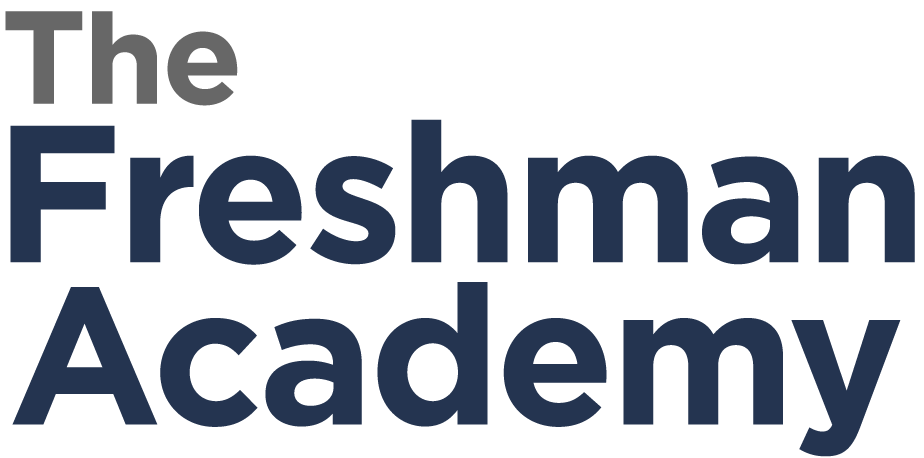Don't Really Want to Talk About Trust
pulse-trust-768x512.jpg
If I was able to communicate to you either through word or deed that I trusted you, how would you respond? What expectations would that place upon you, upon us?
Over the last year, I have thought a lot about trust, and I’ve been watching my own behavior toward people I trust.
(There’s something daunting about laying this out there.)
Trust is so important and so fragile that to talk about it seems dangerous. It’s almost as if acknowledgment might damage it.
(But I continue.)
Because I trust you, I think I’d better let you know about my expectations:
You will do the right thing.
You will do your best. (Which is different that perfection.)
You will do your part.
You won’t surprise me.
Whatever you do, you’ll own it. (No hiding.)
You will reveal to me anything important that I missed or can’t see.
And if either one of us breaks this trust, it will hurt.
(That’s a lot!)
And I can’t think of a better way to positively impact freshmen than by cultivating and protecting trust amongst the adults.
Trust cannot be commanded; it must be built. The building of trust in a Freshman Academy starts by creating and communicating norms for our conference room table.
(I can’t believe I’m continuing.)
At the risk making visible our attempts at trust creation, I cautiously share our latest draft of our Code of Conduct. It will probably sound weird or tinny or irrelevant or even wrong. Expectations shared outside of the context of the relationship often do. Maybe that’s why I don’t want to talk about it.
(Anyway, here it is.)
The Freshman Academy @ Washington High School
Code of Conduct
1. We keep parents informed by:
Contacting them early in the process when there are successes or concerns.
Contacting parents of students with grades less than 70% each grading period.
2. We value the team by:
Being on time to the Bridge
Letting the team know when we are absent
Consistently enforce school policy and agreed upon classroom expectations
We live by “What’s said at the table is the way it is.”
We honor the absent
On the Bridge
In the classroom
In all conversations
3. We communicate regularly and professionally with:
Parents
Counselors
The Freshman Academy Coordinator
Administrators
Off-team teachers
Case Managers
4. We follow-through.
We say what we mean
We do what we say
And if we mess up, we own it.
5. We protect Friday as a day to celebrate and acknowledge team and student success.


